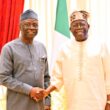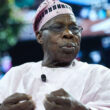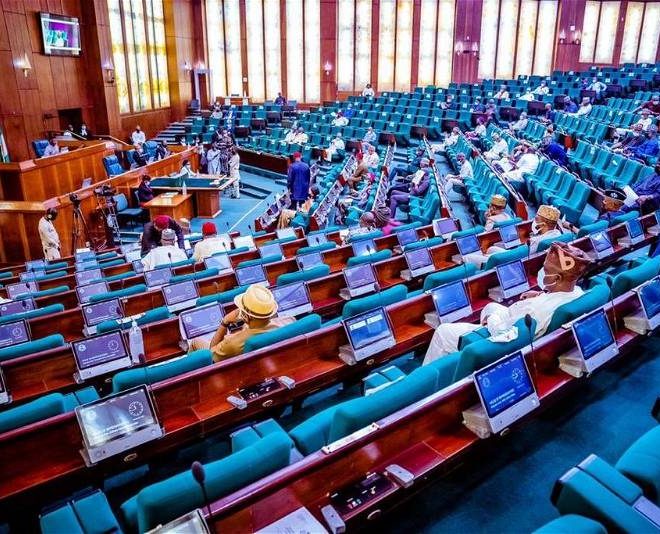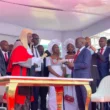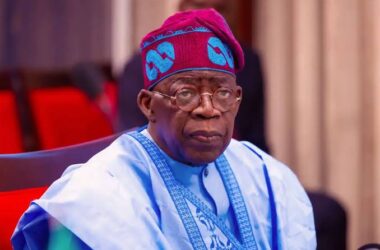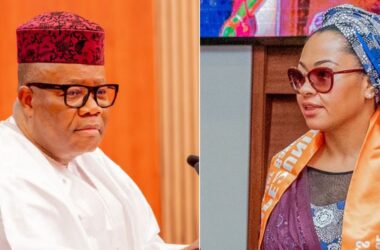A group of over 80 members of Nigeria’s House of Representatives, under the banner of the HomeGrown Parliamentary System Support Group, has called for the nation to revert to a parliamentary system of government. The group believes that a homegrown parliamentary model could be the solution to Nigeria’s escalating socio-political and economic challenges.
The call was made on Monday during the the one-day ‘National Dialogue on a Home-Grown Parliamentary System of Government’ held at the Shehu Musa Yar’Adua Centre in Abuja, focusing on the adoption of a more indigenous parliamentary system tailored to Nigeria’s unique historical and socio-cultural context.
Delivering a keynote address, former Presidential Aide, Dr. Usman Bugaje, criticized the current presidential system, stating that it had failed to meet the expectations of Nigerian citizens over the past 25 years. According to Bugaje, the presidential model has exacerbated the country’s problems, including widespread poverty, worsening insecurity, and entrenched corruption.
“You only need to look at the statistics from the World Bank, UNDP, or our own National Bureau of Statistics to see how poverty has deepened over the last 25 years,” Bugaje noted. “The security situation has deteriorated significantly; new threats emerge while existing ones remain unresolved. Corruption has become endemic, fundamentally undermining our democratic practices and destabilizing the political system.”
Bugaje did not spare lawmakers from criticism, accusing them of failing to fulfill their constitutional roles. “Our parliament has largely become a rubber stamp, contributing to the country’s problems rather than addressing them,” he asserted.
Bugaje emphasized the importance of creating a governance system rooted in Nigeria’s own historical and cultural realities, rather than borrowing foreign models that have proven incompatible
He said “You are supposed to work your own system. If we keep borrowing and borrowing and borrowing, we’ll become enslaved by ideas and systems that do not quite fit and solve our own problems. And I thought for this purpose it’s very important that we underscore the significance of this.
“When we come to look at our homegrown system, like I said, we need to broaden the discussion. One, we have to look at this as a process of reinventing our politics because our politics is really sick, is decaying, and citizens are agitating because it has not given them what they are looking for.”
Professor Ango Abdullahi, Convener of the Northern Elders Forum and Chairman of the event, echoed similar sentiments. He described Nigeria’s adoption of the American-style presidential democracy as a fundamental error. According to Abdullahi, the brief experience with the parliamentary system shortly after independence yielded better results than the current presidential experiment.
“Now we have experienced the presidential system for 24 years. With due respect, I think our situation is worse than under the parliamentary system that we exempted after trying it for four, five years. One of the things we did wrongly was to bring in a system that did not fit us.”
Hon. Abdussamad Dasuki, the Convener of the HomeGrown Parliamentary System Support Group, emphasized the urgency of reconsidering Nigeria’s current democratic model. “A closer look at our system reveals fractures that can no longer be ignored, dreams left unfulfilled, and gaps that beg to be filled. Now is the time to address these issues.
“Now is the time to rethink an escape route from this reality. Now is the time to set our minds on crafting a new path—a cure for the affliction that has transformed our democracy into a spectacle of pity.
“For years, we have argued and debated how to cure this affliction, but we must always remind ourselves that the core problem lies in the vehicle through which we experience this democracy: the current presidential system.
“Clearly, we need an alternative. But what should replace this presidential model—a mere imitation of the American system—must be a home-grown solution. This answer is not for any individual or group to dictate; it must emerge from a genuine dialogue among Nigerians, especially between the young and the old, the new generation and those before them.”
Former Minister of Interior and Osun state Governor, Ogbeni Rauf Aregbesola, also highlighted the need for a governance system that prioritizes accountability. He argued that any government structure without strong accountability mechanisms would fail to address Nigeria’s pressing issues, including widespread poverty and insecurity.
Laolu Akande, a former presidential aide and host of the Inside Sources programme on Channels Television, joined the panel discussion, warning against the dangers of an “imperial presidential system” that concentrates excessive power in the executive branch. He called for a shift towards a parliamentary system that would be more responsive to the people’s needs and provide checks on executive authority.
One of the highpoints of the dialogue was the unveiling of winners of the National Essay Competition organized by the HomeGrown Parliamentary System Support Group. Ms. Muyibat Idris from Crescent University, Abeokuta, emerged as the top winner, earning the coveted prize for her insightful essay on the merits of a homegrown parliamentary system.
The event was graced by an array of prominent figures, including former Speaker of the House of Representatives, Rt. Honourable Yakubu Dogara; Hon. Alhassan Ado-Doguwa, who represented the Speaker of the House, Hon. Tajudeen Abbas; Professor Edoba Omoregie, Vice Chancellor-designate of the University of Benin; Ogbeni Rauf Aregbesola, former Governor of Osun State; and Hon. Kingsley Chinda.
Other notable attendees included Barr. Chidi Eleakor, His Eminence John Cardinal Onaiyekan, Metropolitan Archbishop emeritus of Abuja; Pa Ayo Adebanjo, leader of Afenifere; Dr. Sam Amadi; Dr. Baba Aliyu, an Islamic cleric; and Senator Florence Ita-Giwa.


